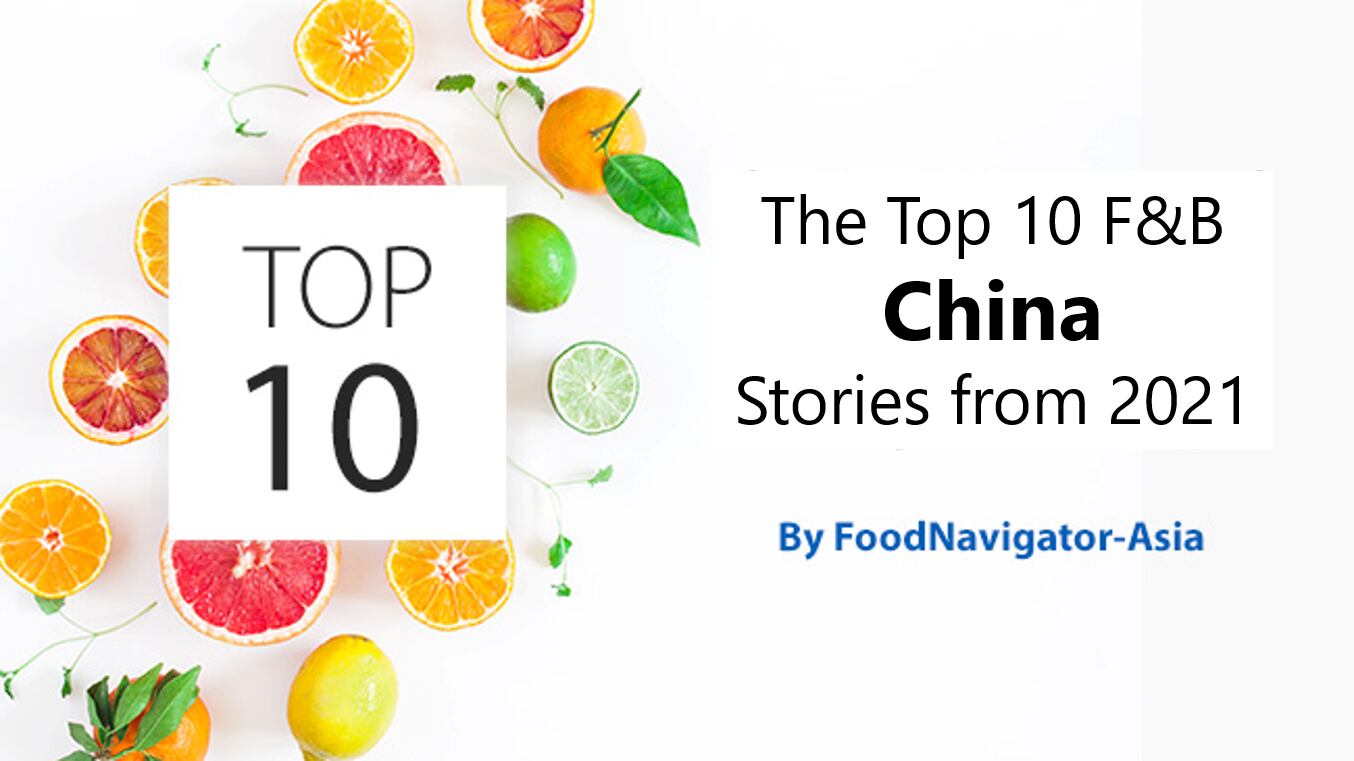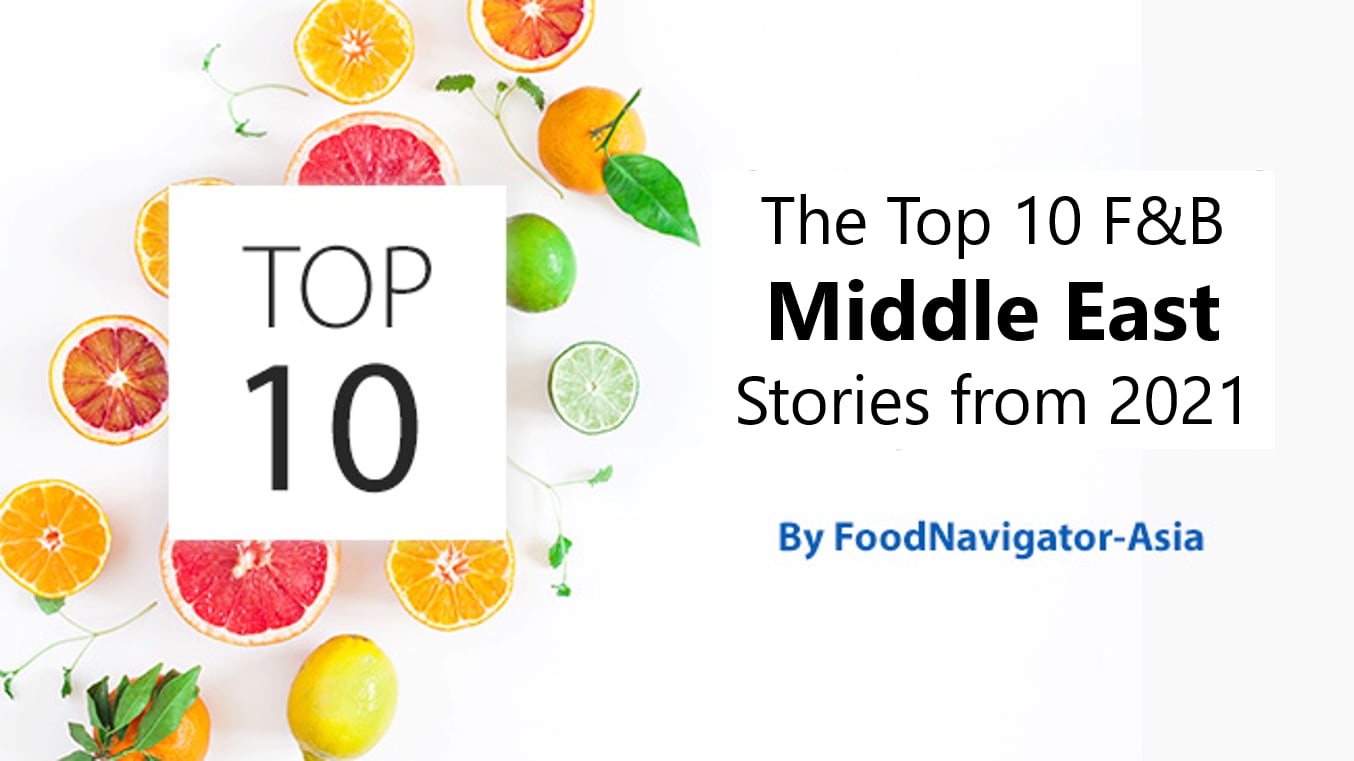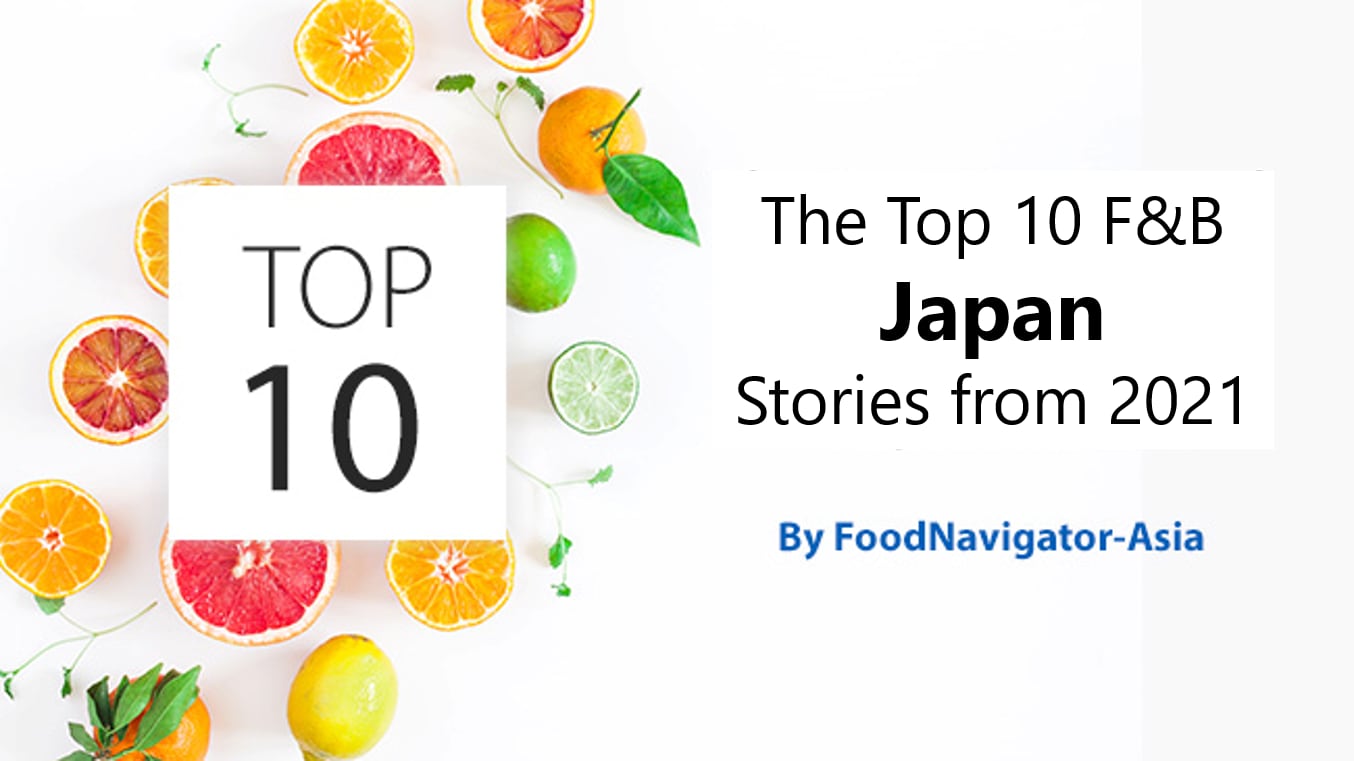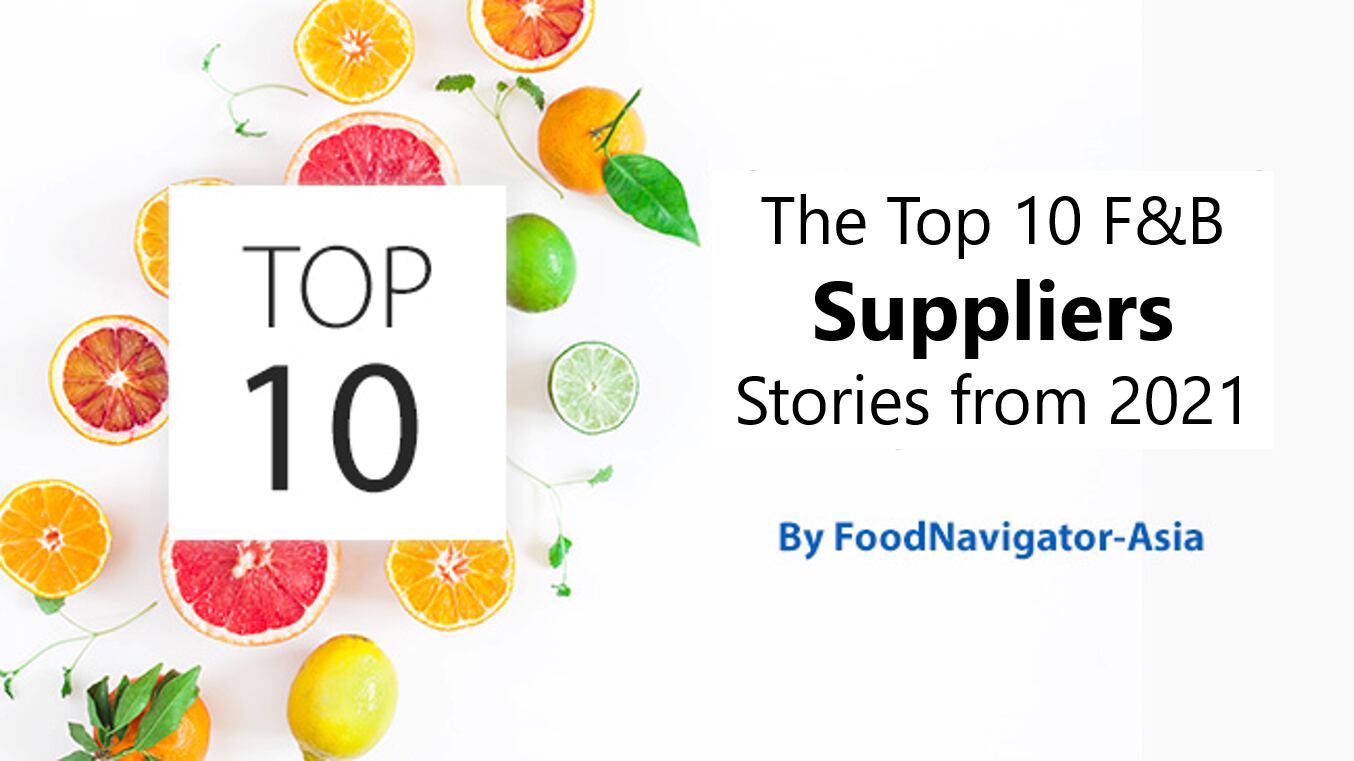1. Palm oil opportunities: India and China demand for Malaysian palm oil rose as economies open up
An increased demand for Malaysian palm oil from India and China was expected in 2021 as economies gradually open up and local stocks diminish, but the industry must improve logistics and digital reach to effectively capitalise, according to industry experts.
The experts - Malaysian Palm Oil Council (MPOC) Deputy Director Faisal Iqbal, Malaysian palm oil products manufacturer Alami Group Managing Director Ahmed Alami, and agriculture research firm Refinitiv Senior Analyst Dr Tan Kian Pang - convened at a virtual seminar on palm oil price trends and market expectations for 2021.
According to Dr Tan, the demand from India and China, two of the largest palm oil importing countries in the world was expected to improve in 2021, as economies bounce back and open up.
2. COVID-19 and cold-chain: China implemented traceability requirements for all chilled imported foods
China implemented mandatory traceability requirements for all food products transported via cold chain, including dairy products, fruits and drinks, in an expansion of its efforts to prevent COVID-19 from entering the country via imported foods.
It was first implemented in the capital city of Beijing, where the local Market Supervision Administration and Bureau of Commerce previously already made this traceability requirement mandatory for meat and seafood imported into the country via cold chain, but now announced the expansion of this to all frozen food products.
“To further strengthen our management of imported cold-chain transported foods, we have decided to expand the scope of food traceability under the Beijing Cold Chain Food Traceability Platform for such foods,” said the Beijing Market Supervision Administration via an official statement.
3. Triple whammy: China palm oil demand rose as swine fever, trade war and COVID-19 hit soybean
China’s demand for palm oil had risen and was expected to continue for some time after major competitor soybean took a hit to supply, demand and prices over the triple threats of COVID-19, the US-China trade war, and African Swine Fever (ASF).
According to Chinese oil industry consultation firm Shanghai Pansun’s General Manager Cai Neng Bin, the local soybean oil industry was in the difficult position of facing a triple threat from not just COVID-19 impacts, but also ASF impacts and the US-China trade war.
“[In addition to] COVID-19 affecting the overall supply chain for soybean imports, [the] China-US trade war has had an impact on China’s soybean imports from the United States, and ASF has impacted soybean-crushing activities [due to a drop in swine and thus] feed demand,” said Cai at the Pointers on Price Trends seminar held by the Malaysian Palm Oil Council (MPOC).
The Chinese government issued a series of warnings and directives on the consumption of fermented foods, counterfeit foods and beverages on the back of a deadly mass food poisoning event and the rapid rise of food fraud cases in the past year.
All the warnings and directives were issued by China’s State Administration for Market Regulation (SAMR), with particular emphasis on the safety of fermented foods due to a lethal mass food poisoning case in Heilongjiang province in 2020 where nine members of a single family died after eating homemade suantangzi (fermented corn noodles).
The cause of the mass food poisoning was determined to be high concentrations of the respiratory toxin bongkrekic acid in the noodles, produced by the bacteria Pseudomonas cocovenenans.
Chinese beverage company Genki Forest have launched eight sparkling flavoured water in canned versions in Singapore and US, following its PET bottled drinks.
The company produces ready-to-drink beverages ranging from sparkling water, milk tea, and oolong tea and is one of the fastest growing beverage companies in China, with an expected valuation of RMB14bn (US$2bn) in 2021.
The eight canned water products are inspired by global fruit flavours which include plum, grape, lychee, peach and yoghurt among others.
The Chinese government announced a new three-year strategy to further develop the local dairy industry, with emphasis on strengthening R&D as well as tighter governance to quell remaining food safety concerns and boost the sector’s reputation.
The strategy, dubbed the ‘Dairy Product Quality and Safety Enhancement Action Plan’, was announced by China’s State Administration for Market Regulation (SAMR) and was the latest in the country’s many attempts to motivate local consumers to increase dairy consumption including the formulation of formal consumption guidelines in 2021.
“[Although] the overall level of dairy product quality and safety has been on the rise in recent years, this strategy has been formulated as there are still various problems plaguing the dairy industry [that need to be solved] for it to reach maximum potential,” said SAMR via a formal statement.
7. ‘Huge China dairy potential’: Yili predict rising demand for value-added and sustainable products
Chinese dairy giant Yili is predicating that local consumer demand for value-added and sustainable dairy is likely to increase over the next decade, with the backing of technological innovation to solve local industry challenges.
Yili presented at the virtual Global Dairy Congress, where it also walked away as the only award winner from Asia at the World Dairy Innovation Awards with three of the most-coveted awards: Best Dairy Drink, Best Functional Dairy, and Best Packaging Design.
Speaking to FoodNavigator-Asia after the congress, Yili Assistant President Dr Yun Zhanyou emphasised his confidence in the growth of the Chinese dairy market for the near future and highlighted that Chinese consumers were increasingly on the lookout for value-added and sustainable dairy products.
Australia-based Deliciou is eyeing an expansion in China and other Asian markets with its market-first shelf-stable plant-based meat products after successful launches in both Australia’s Coles and Woolworths and US’ Whole Foods supermarkets.
Delicious first came into the public eye in 2017 when CEO Kjetil Hansen went on reality television show Shark Tank Australia and emerged with a successful A$300,000 (US$227,201) deal for his bacon-flavoured seasoning to ‘make anything taste like bacon’.
Four years on, Deliciou has a total of 13 seasonings, five of which are bacon-based and 10 others from cheese to chipotle, all of which are doing well and being ranged in major supermarkets in both Australia and the United States.
Italian frozen fruit snack company Frutteto have started manufacturing part of its products in Japan, its largest market, and also launched in China in 2021.
First launched in Denmark in 2019, the Italian firm is known for its frozen natural fruit puree products, touted as a healthier alternative to sugar-ladled ice pops.
Although it is a frozen fruit snack, it is sold as an ambient product: “The idea is that the consumer takes it home, and put it in the freezer,” said Greig Gilbert, managing director of Frutteto.
10. Seeing red: Zespri introduced red kiwifruit for the first time in China to test consumer interest
New Zealand kiwifruit producer Zespri conducted sales trials in China with its red kiwifruit (Zespri Red) seeking to gauge consumer interest.
The variant was the latest from Zespri’s kiwifruit breeding programme in partnership with national science organisation Plant & Food Research.
Zespri Red has a red flesh stemming from its anthocyanin, which is a naturally occurring pigment in the fruit, and has a berry-like flavour.




